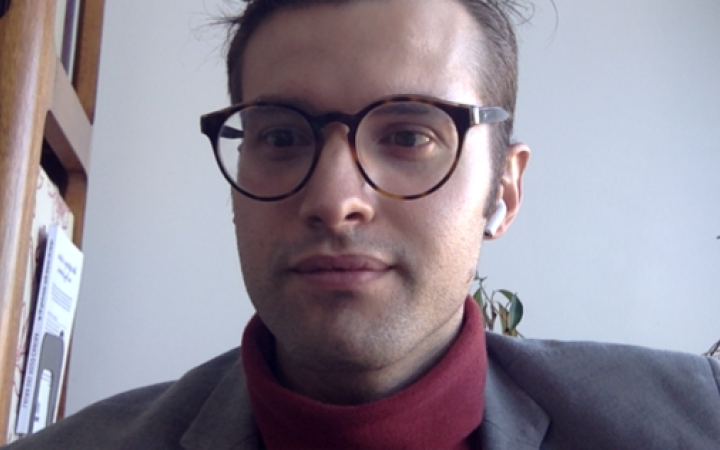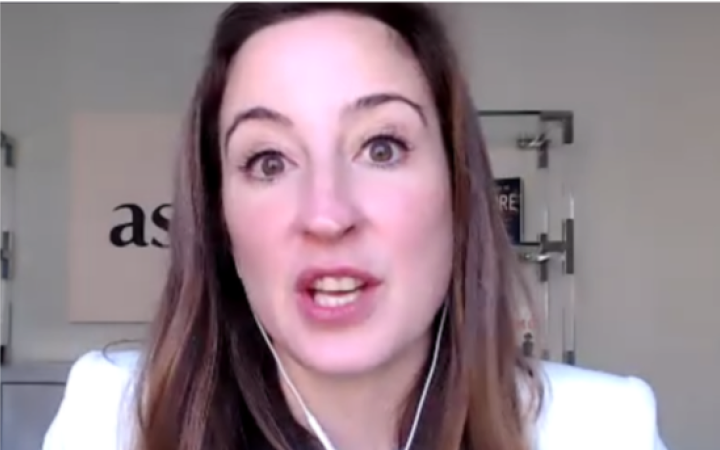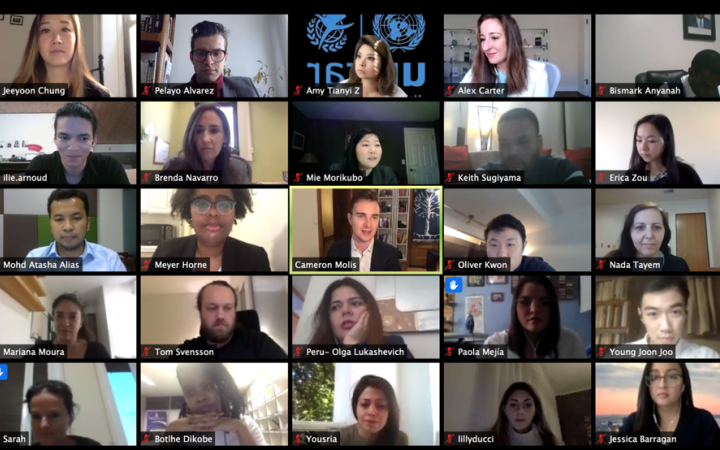3 December 2020, New York, United States (Virtual) – The United Nations Institute for Training and Research (UNITAR), along with the Columbia Law School, hosted the “amplification strategies for diplomatic leadership” workshop on Thursday, 3 December 2020. The workshop was the third endowment of the training series presented by the two entities, and 233 participants joined the session virtually from different parts of the world and was supported with funding allocated from the Swedish International Development Agency’s (SIDA) contribution to the UNITAR Strategic Framework Fund, under the programme ‘Leveling The Playing Field’ which focuses on the development of skills and knowledge of Least Developing Countries.
The workshop was launched by the UNITAR programme coordinator, Mr. Pelayo Alvarez. He expressed his gratitude to Professor Alexandra Carter from Columbia Law School for her constant support and dedication to the preparation and the implementation of the training series throughout the years. Professor Carter thanked UNITAR for this opportunity that enabled the Columbia Law School to introduce their resources from the mediation clinic to a larger audience.
The goals and the focus of the workshop were to introduce the concept of “Shine Theory” and the method of “amplification” to the audiences for them to practice leadership with empathy. Nine students from the Columbia Law School mediation clinic continued carrying on the event by explaining the definition of Shine Theory. Shine Theory, according to its name, is a speaking skill that helps the other party in the conversation to be recognized and more engaged in the conversation, while also relying on the other party’s help in return. Collaborative leadership and the practice of Shine Theory can help save time, energy and create a more beneficial and friendly network.
The event then moved on to a more practical aspect of the theory. Three tools were introduced to the audience for people to better practice Shine Theory - self-awareness, amplification, and effective feedback.There are various types of self-awareness and leadership depending on different personalities. To better understand a person’s leadership style will benefit him/herself down the road to be a good listener and a good leader.
After quickly going through a wide range of cultural intelligence (ranging from cognitive to physical intelligence, to name a few), the event moved on to the method of amplification. The students explained the benefit and the procedures for amplification, and then broke down the participants into small groups for people to practice amplification in real life situations. By addressing the names directly and offering other parties credits, the leadership can be established on mutual understanding and trust.
As the short interactive session is coming to an end, the training workshop moved on to the topic about providing constructive feedback. The session concluded with Professor Carter’s closing remarks on the success of the event, and Mr. Alvarez thanked Columbia University again for their interactive and practical session. The collaboration between Columbia University and UNITAR New York office has benefitted over several hundreds of UN related personnel, and the event series has received a plethora of overwhelming positive feedback from participants coming from diverse professional and cultural backgrounds. Participants who attended the three sessions will receive a certificate signed by UNITAR Executive Director Mr. Nikhil Seth and the Dean of Columbia Law School, MS. Gillian Lester.




